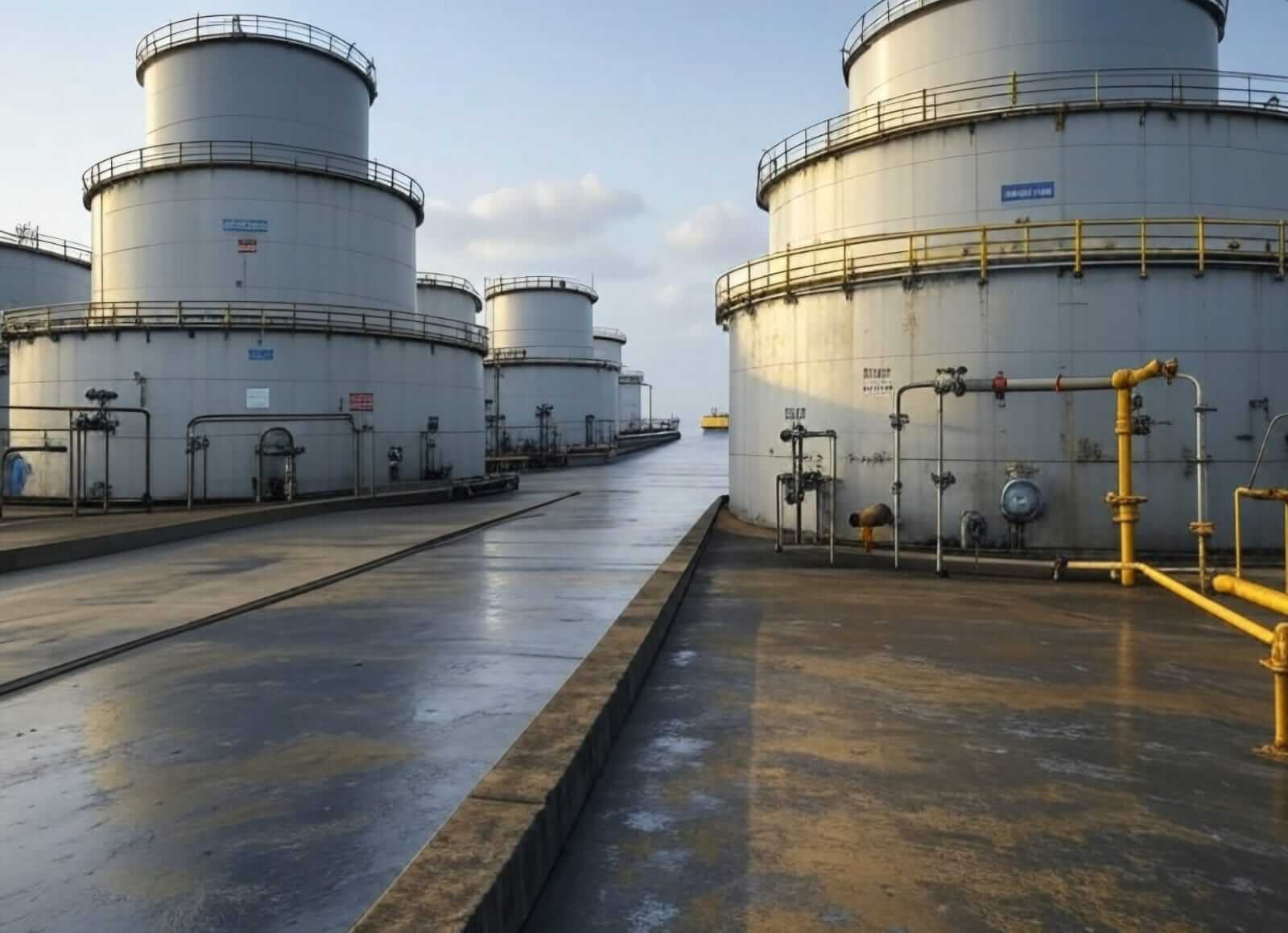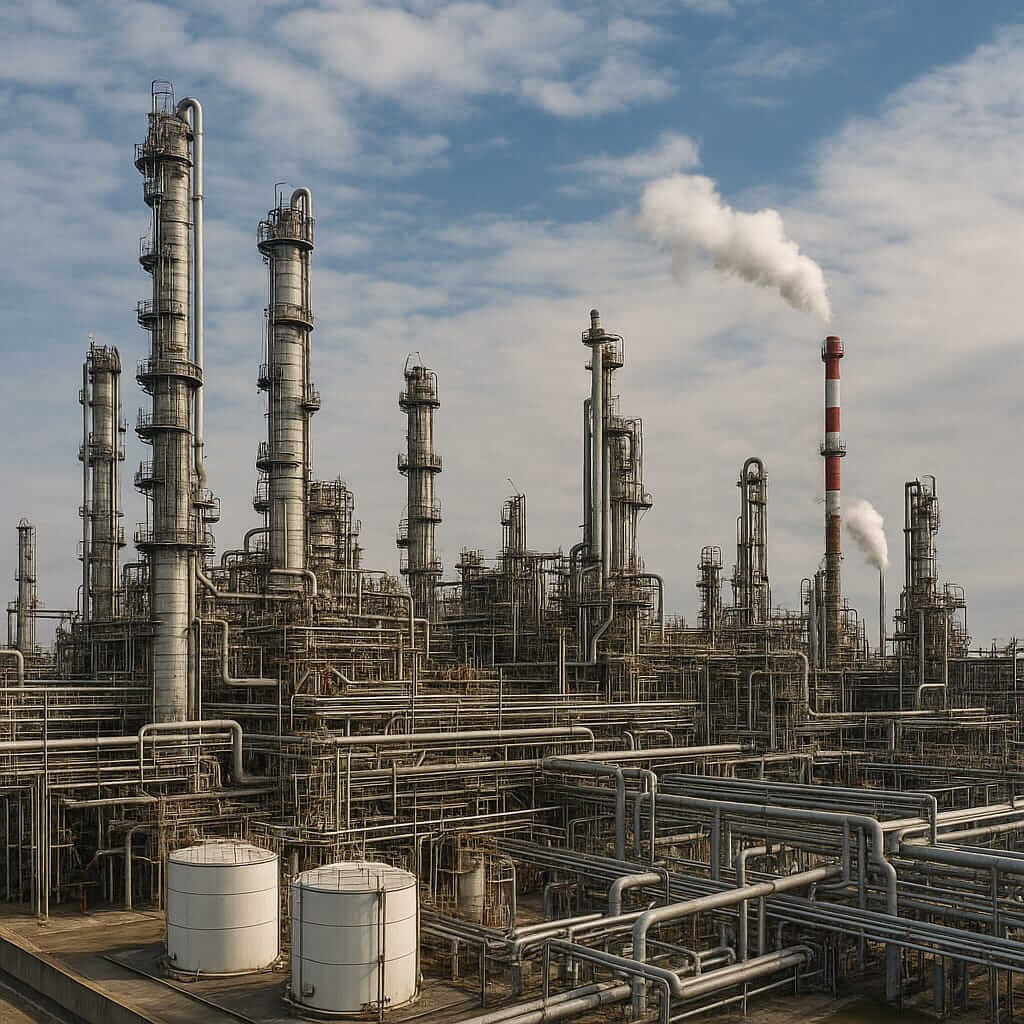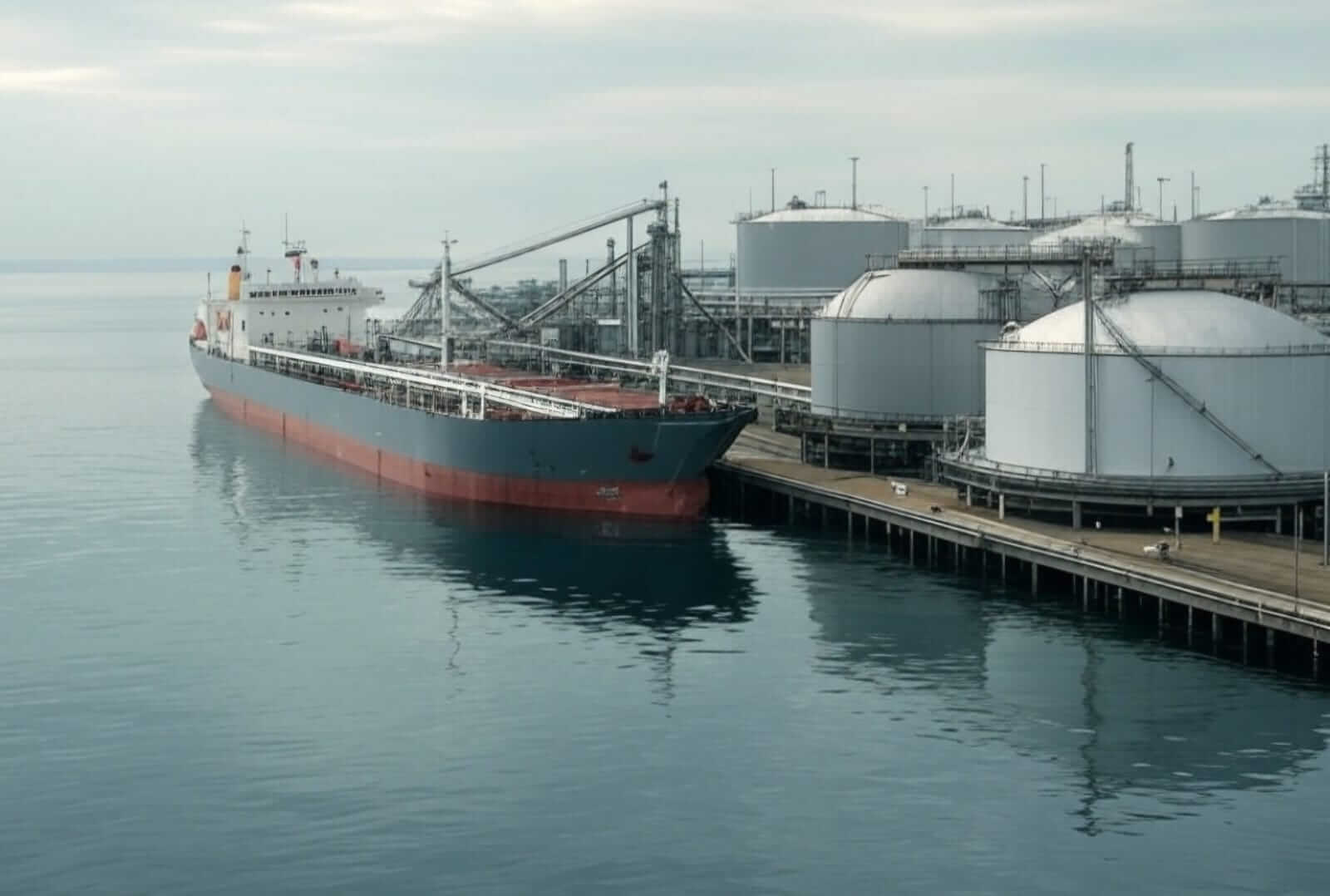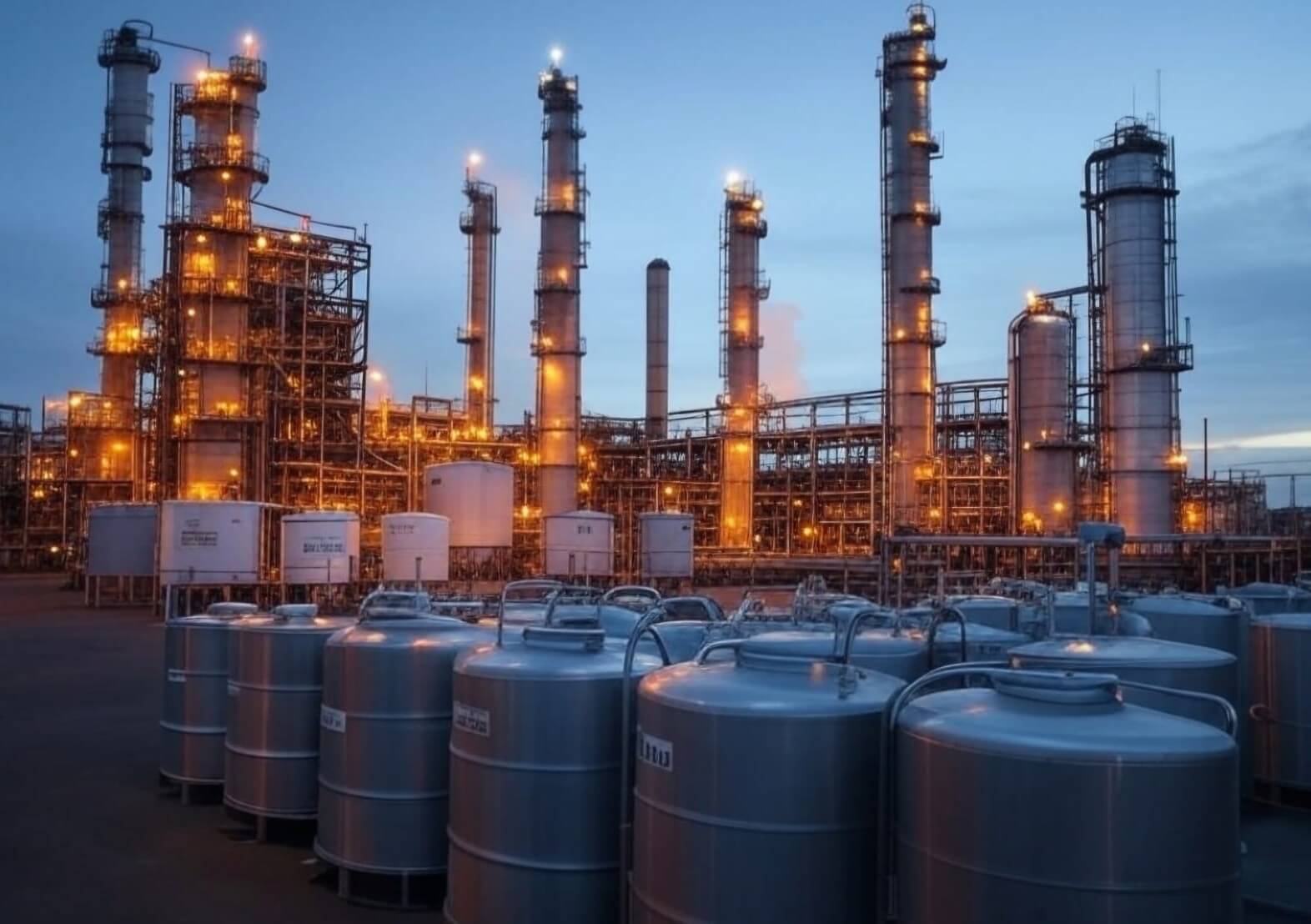Condensate is a low-density mixture of hydrocarbon liquids derived from natural gas or crude oil production. Here’s a concise overview:
- Formation: Condensate forms when raw natural gas cools below its hydrocarbon dew point, transitioning some gaseous components into liqui
- Composition: Typically includes hydrocarbons like propane, butane, pentane, and hexane. It may also contain heavier alkanes, aromatics (e.g., benzene, toluene), and impurities like hydrogen sulfide.
- Properties: Condensate is light and volatile, with an API gravity ranging from 45 to 70. It floats on water and evaporates quickly due to its low density.
-
Applications: Used as a feedstock in refineries to produce gasoline and other fuels. It is also valuable in petrochemical industries for manufacturing plastics and chemicals.






